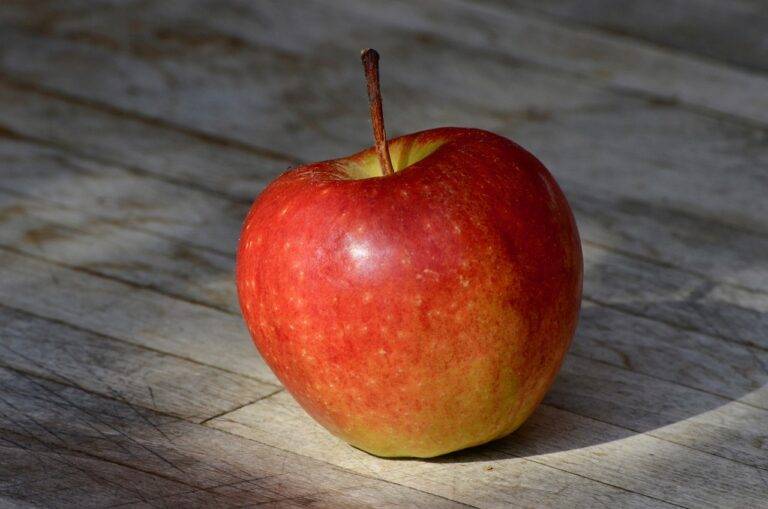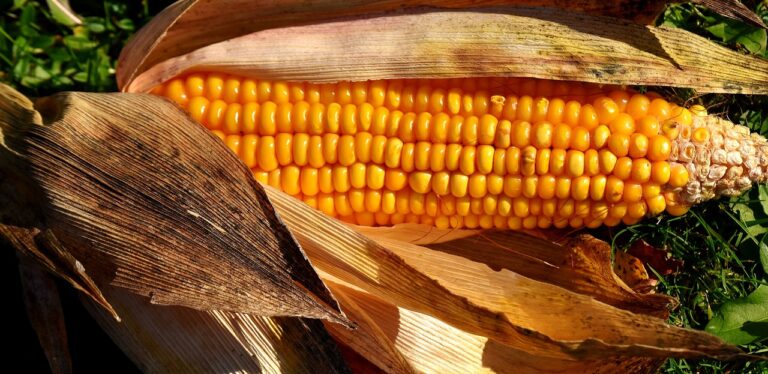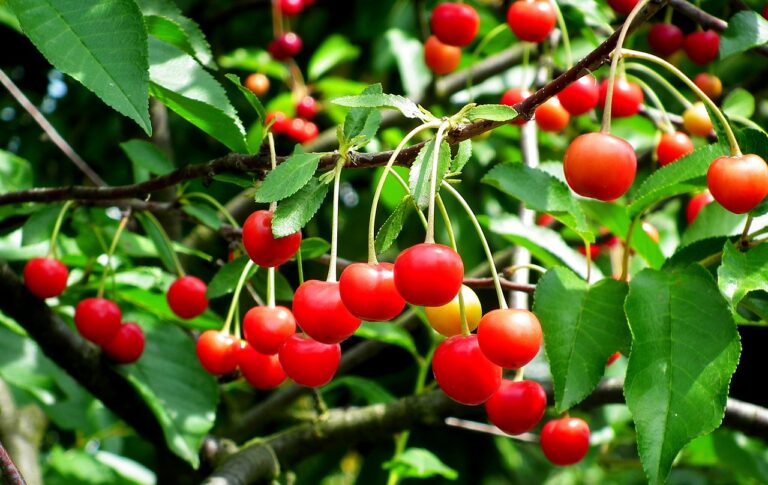The Impact of Organic Farming on Olive Oil Yield: World7.com, Mahadev app login, Silverexch login
world7.com, mahadev app login, silverexch login: The Impact of Organic Farming on Olive Oil Yield
Are you a fan of olive oil? Well, you’re not alone! Olive oil is not just a staple in Mediterranean cuisine; its health benefits have made it popular worldwide. But have you ever wondered how the method of farming olives can affect the quality and quantity of olive oil produced? Organic farming, in particular, has been gaining momentum in recent years. In this article, we’ll explore the impact of organic farming on olive oil yield.
What is Organic Farming?
Organic farming is a sustainable agricultural practice that relies on natural processes to grow crops. This method avoids the use of synthetic fertilizers, pesticides, and genetically modified organisms (GMOs). Instead, organic farmers use natural fertilizers, crop rotation, and biological pest control methods to maintain soil fertility and control pests.
How Does Organic Farming Affect Olive Oil Yield?
1. Soil Health
Organic farming focuses on improving soil health by using compost, cover crops, and crop rotation. Healthy soils produce healthier olive trees, leading to better fruit quality and higher yields. Soil rich in organic matter helps retain moisture, nutrients, and beneficial microorganisms, which are essential for the growth of olive trees.
2. Pest and Disease Control
Organic farming practices promote biodiversity and natural pest control methods. By encouraging beneficial insects and birds, organic farmers can reduce pest populations without the use of harmful chemicals. This reduces the risk of pesticide residues in olive oil and promotes a more sustainable ecosystem.
3. Nutrient Content
Organic farming is known to produce food with higher nutrient content compared to conventionally grown crops. Studies have shown that organic fruits and vegetables contain higher levels of antioxidants, vitamins, and minerals. The same principle applies to organic olive oil, which is rich in polyphenols and other beneficial compounds.
4. Environmental Impact
Organic farming is environmentally friendly as it promotes sustainable practices that minimize pollution and protect natural resources. By avoiding synthetic chemicals and GMOs, organic farmers help preserve biodiversity and reduce greenhouse gas emissions. This not only benefits the environment but also ensures the long-term viability of olive oil production.
5. Taste and Aroma
Many olive oil enthusiasts claim that organic olive oil has a superior taste and aroma compared to conventionally produced oil. The purity of organic farming practices allows the natural flavors of the olives to shine through, resulting in a more authentic and flavorful oil.
6. Market Demand
As consumers become more health-conscious and environmentally aware, the demand for organic products, including olive oil, continues to rise. Organic certification ensures that the product meets strict standards and is free from harmful chemicals. This increased demand can lead to higher prices for organic olive oil, benefiting farmers who choose to adopt organic farming practices.
FAQs
Q: Is organic olive oil more expensive than conventional olive oil?
A: Yes, organic olive oil typically commands a higher price due to the additional labor and certification costs associated with organic farming.
Q: Does organic farming guarantee higher yields?
A: While organic farming can lead to higher yields in the long run by improving soil health, initial yields may be lower due to the transition period from conventional to organic practices.
Q: Are there any drawbacks to organic farming?
A: Organic farming requires more labor and careful management compared to conventional farming. Weather conditions and pest outbreaks can also pose challenges to organic farmers.
Q: Can I trust the organic certification of olive oil?
A: Look for reputable certification bodies such as USDA Organic or EU Organic to ensure the authenticity of organic olive oil.
In conclusion, organic farming has a positive impact on olive oil yield by promoting soil health, biodiversity, and nutrient content. The benefits of organic farming extend beyond the farm to the environment and consumer health. If you’re a fan of olive oil, consider choosing organic varieties to support sustainable agriculture and enjoy the superior quality of organic olive oil.







